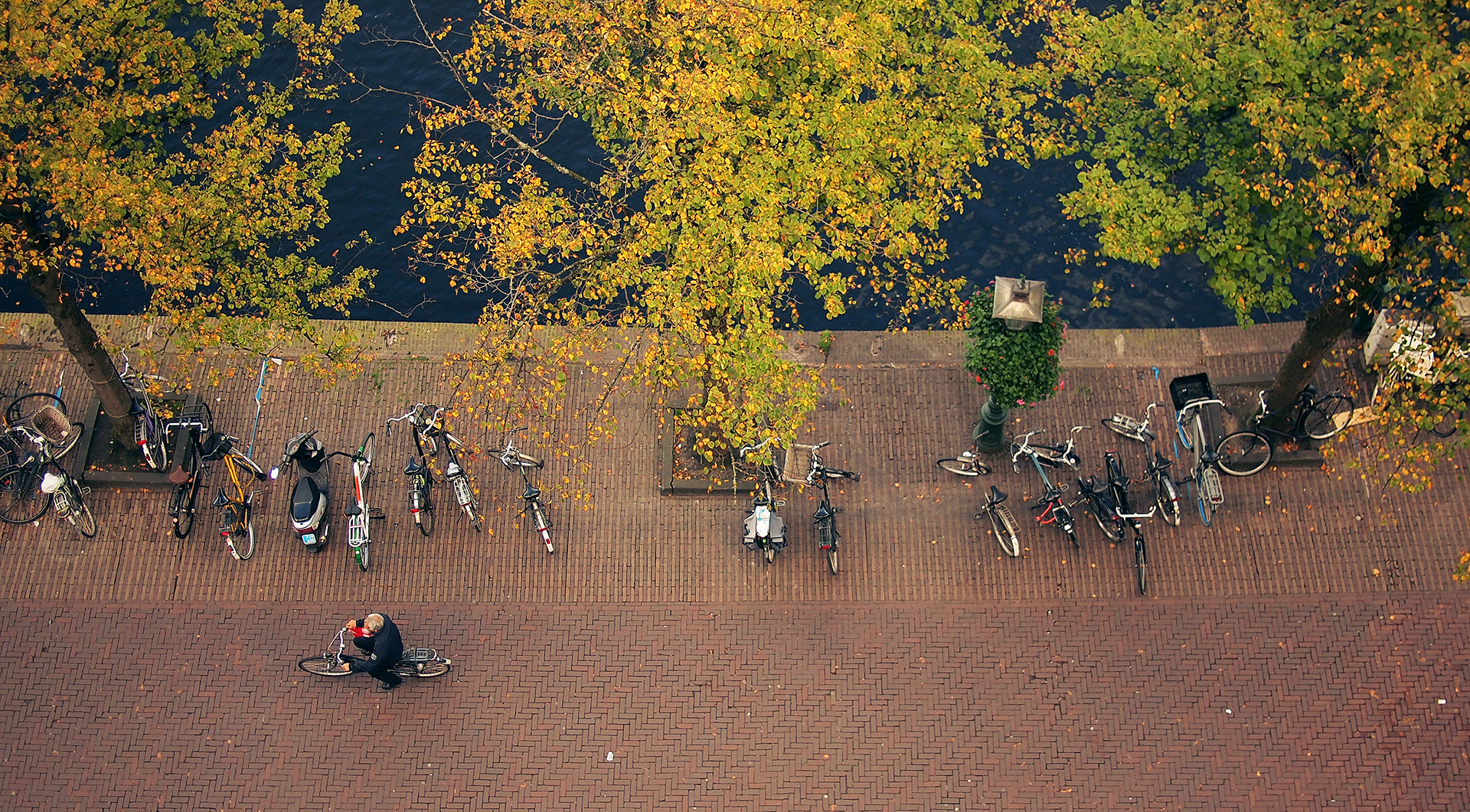Environmental Technology & Design
The Environmental Technology & Design section focuses its research on the sustainable development of neighbourhoods, cities and regions, addressing the environmental challenges in the interaction of people, technology and design. The section discusses dynamic environmental parameters when devising designs, plans, programmes and policies, from the buildings to the global scale, thereby addressing issues of liveability in the sense of human well-being and environmental quality. We address the multiple adaptation challenges of the near future: urban climate (change) adaptation, energy (change) adaptation and 3rd industrial revolution and the needs of a regenerative economy.

Over the next few years the section will focus on the following three aspects:
- (Territorial) Metabolism as a framework for modelling complex urban systems’ flows – water, energy, food, people, et cetera – as if these systems are an ecosystem. The goal is to develop ways of designing with flows to systematically improve the sustainability of cities and regions.
- Urban Climate Adaptation: The study of urban climates combines the fields of (among others) climatology, meteorology, landscape architecture and urban planning and design, and extends to the health and social sciences. Essential topics are the Urban Heat Island (UHI) effect, heat stress and the influence of the urban climate on the energy use of buildings.
- Environment, Design & Behaviour: People are both part of the problem and the solution in sustainable development. The goal here is to develop and translate knowledge from environmental psychology into design guidelines for liveable and sustainable environments.